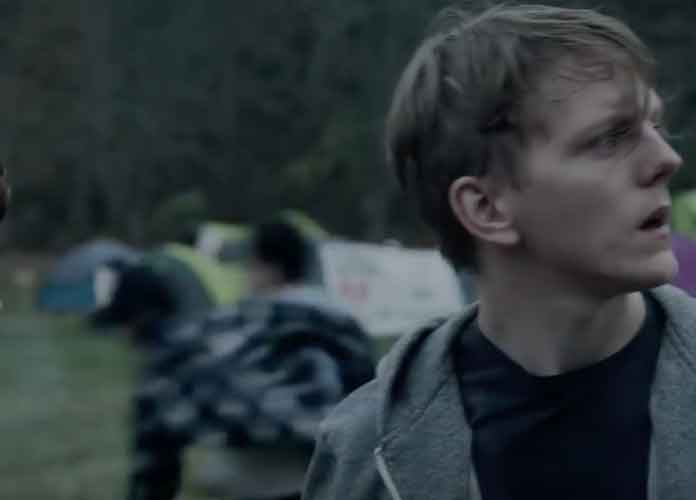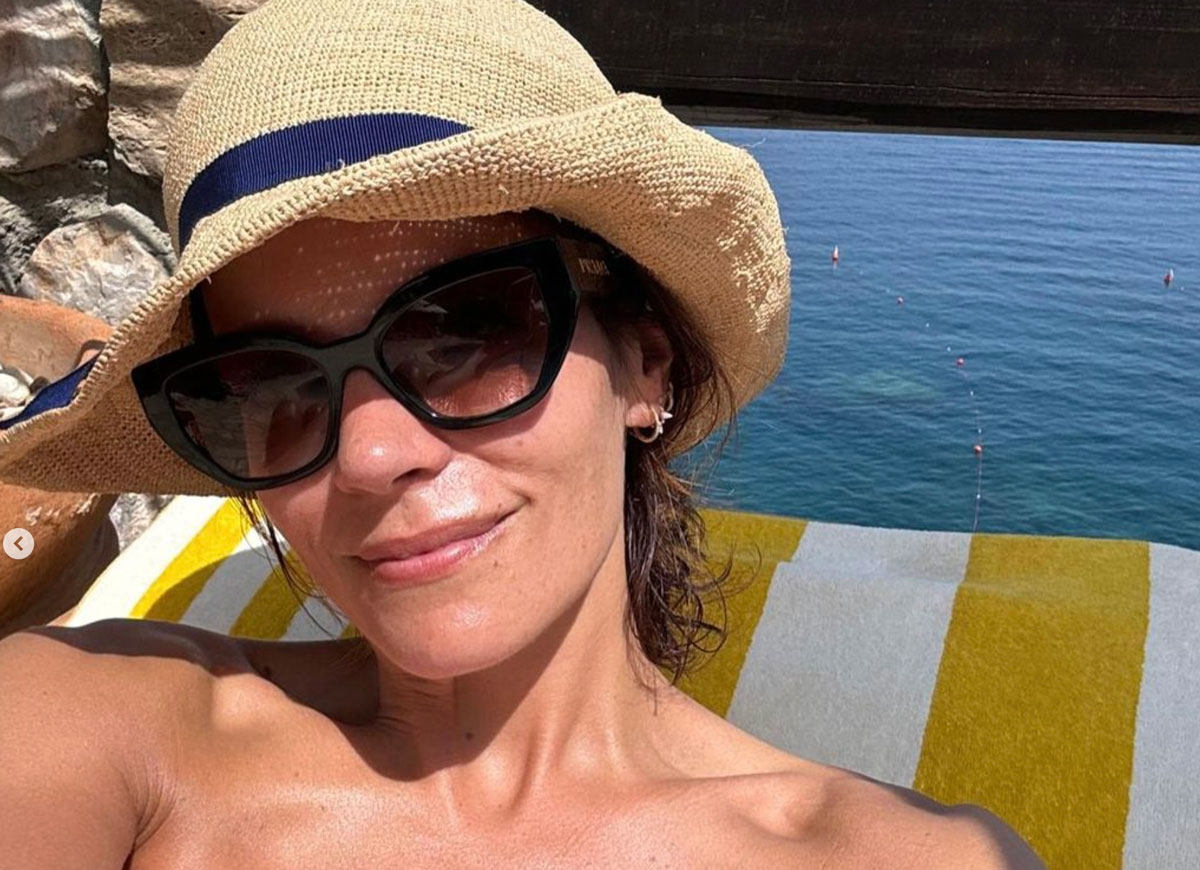’22 July’ Movie Review: Visceral Recreation Of 2011 Norway Terror Attacks

4/5
When a film manages to not simply reimagine a real-life tragedy but demonstrate its significance and effects on the people who suffered through it, one can easily see that it has done its job.
That is exactly what the new Netflix exclusive film 22 July does. Writer-director Paul Greengrass (The Bourne Ultimatum, Green Zone, Captain Phillips) helms this dramatic retelling of the terrorist attacks that struck Norway on July 22, 2011. That day, a far-right extremist named Anders Behring Breivik (Anders Danielsen Lie) planned out two attacks that killed 77 in total in the Scandinavian nation: eight people near the government center in Oslo, and then 69 others at a youth summer camp on the nearby island of Utoya. More than 200 in total were injured in both attacks. Based on the book One of Us: The Story of a Massacre in Norway — and Its Aftermath by Norwegian journalist Åsne Seierstad, 22 July is a gripping tale of terror in the modern era and its harrowing effects on humanity.
Although it boasts a Norwegian cast and crew, the film is entirely in English and retells the story through the eyes of one family, and especially from the perspective of one of the members of that family who was critically injured in the shooting but ultimately survived: a boy named Viljar Hanssen (Jonas Strand Gravli) who was attending the Workers’ Youth League summer camp in Utoya alongside his brother Torje (Isak Bakli Aglen) and a pair of friends. Although Torje escaped uninjured, Viljar was shot five times, including once in the head and had to undergo dozens of surgeries and medical treatments.
Part of what is so great about 22 July is that it does not waste time with excessive exposition. The scenes portraying the double attacks begin just over 20 minutes into the film, and the majority of the remainder of the movie is devoted to depicting the aftermath of the tragedy. The lingering pain felt by the victims and their families, the trial and conviction of Breivik — who was sentenced to 21 years of solitary confinement after not being determined mentally insane — and the reaction and response at the highest levels of Norway’s government, including the Prime Minister at the time, Jens Stoltenberg (Ola G. Furuseth).
In addition to being a poignant sociopolitical commentary on the rise of right-wing terrorist individuals and organizations — like Neo-Naizs, the alt-right in the U.S., and other similar groups in Western Europe — across the globe, it is also a searing look at the damage one lone wolf left on a community of people who were simply trying to make the world a better place. It is important to know — and the film shows how significant this fact is — that the teenagers who were shot by Breivik at the camp in Utoya were all children who were considered members of the Norwegian elite: liberals who aspired to become political leaders who espoused positions like freedom of expression and open immigration, for instance.
The film is also infused with doses of commentary on the nature of terrorism and how it is perceived by many middle or upper-class Caucasians. At one point shortly after the attacks in Oslo, one of the teenagers on Utoya asks if the person responsible for the bombing in the country’s capital is Muslim. However, we soon learn he is in fact the exact opposite. Breivik is a white nationalist who dreamed of a Norway that banned immigration entirely, and who especially harbored an intense hatred for Islam.
The internal moral conflict that Breivik’s lawyer Geir Lippestad (Jon Øigarden) goes through, as well as Viljar’s anger, trauma, determination and bravery all serve to make 22 July what it is. The powerful performances and cinematography are outstanding, and there is no question that films like this one will continue to resonate all over the world for years to come.
RELATED ARTICLES
Get the most-revealing celebrity conversations with the uInterview podcast!



 by
by 



Leave a comment